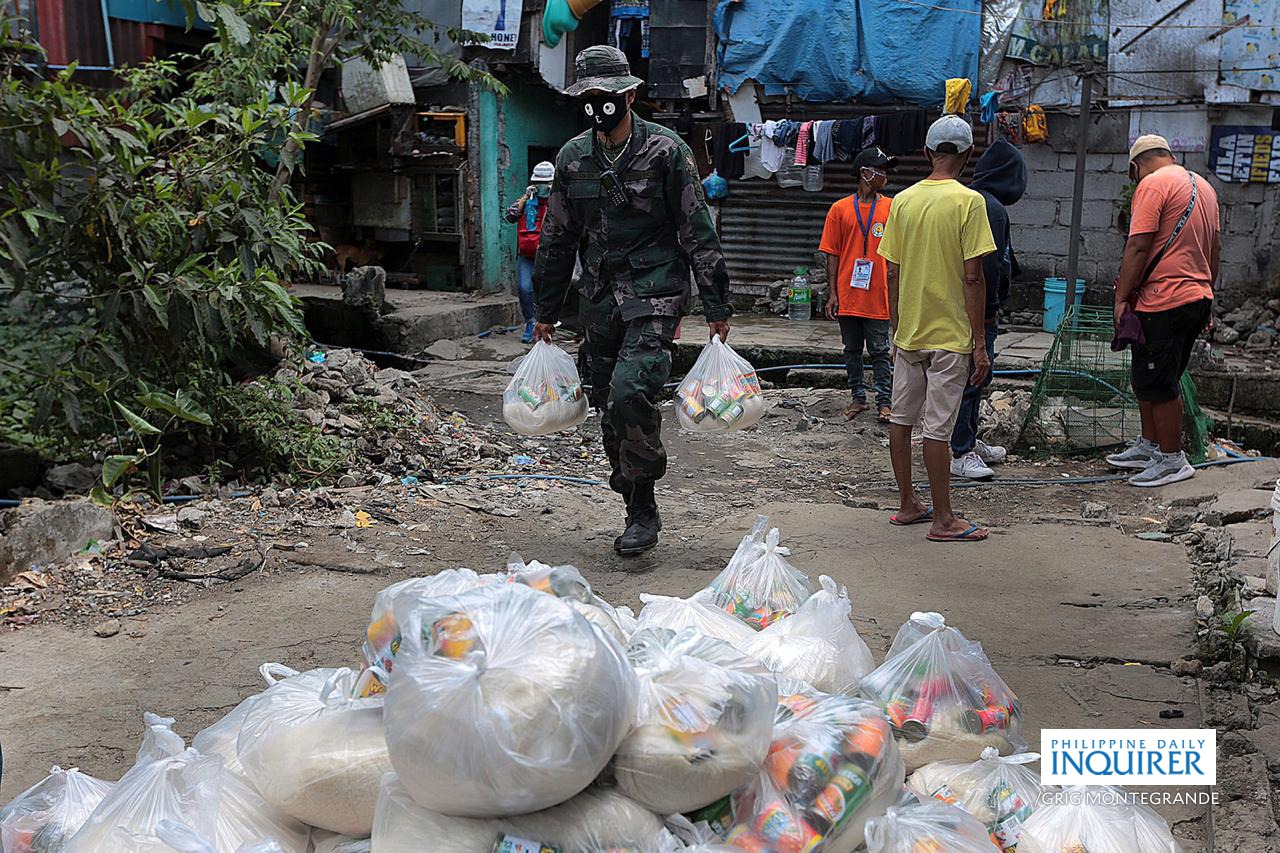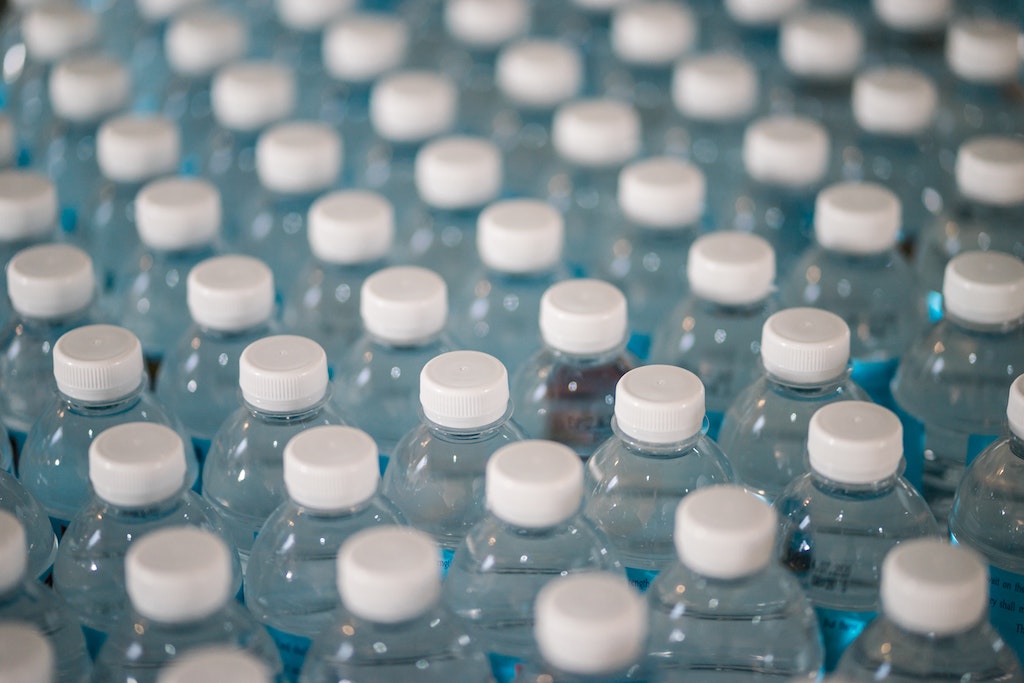Over the past few years, we’ve reported a number of cities in the country that have implemented plastic bans from Quezon City’s recently passed ordinance to Siquijor’s plastic holiday, alongside proposed bills that seek to do the same nationwide.
But the recent turn of events specifically the COVID-19 pandemic may have effectively flipped that. As much as we’d like to believe that quarantine helping the Earth recover, proof to the contrary is telling. With the increased commitment to hygiene channeled through single-use containers, which is believed to be far safer than reusable counterparts, plastic is favored again.
This is evident in food delivery and storage containers widely used to curb virus infections and plastic-bagged relief goods sent to underserved communities.

That’s just the local situation. In the international market, numbers are revealing that due to the drop in global oil prices including petroleum by-products, the main component in plastic manufacturing, sales are up.
This is according to a report by Bloomberg, in which two giant plastic companies in Germany and in the US are said to be seeing a two-digit percentage increase in sales owing to the demand for plastic in the food packaging and health-care industries.
One specific variety of single-use plastic, polystyrene, is seeing a peak in demand. Polystyrene, commonly known locally as styrofoam, in cup form is preferred for its supposed insulating properties thus its wide use in convenience coffee vending machines and as food takeaway containers.
False alternatives
In the last few years, there have also been marketed plastic alternatives that claim to be made of biodegradable natural materials. One, in particular, has recently garnered attention on social media, a food packaging solution supposedly made from bamboo, paddy wheat and sugarcane.
https://www.facebook.com/greenergenesmovement/photos/a.115652039871749/222375489199403/?type=3&__xts__%5B0%5D=68.ARD51kGtUdkfQ542cwhhYLEdruHKowyda2zbyVcZ9xi7DdKGU0l-zhUt0t1oXBwjr3bMspqD5iQv1BiDy8sOsa0O5YHL5npvLgsqbpxNjsu7Z8IrVypmQbTaBEZYIKr8Bx7N8oB-C5e-5Ew6BZTmARhEwxzU4d6xfj8R3Vk4_j7ooshQq_xdb4TEO4qWX59n9Ka59t60fnZFfdHx7lXdNqjvnPoBzjw5mwTBbhyb4-spHKSHwLD4cZuTUkZAeJ8i3spAGkJC-rxMV9Gcudy9w_1_KseGP5m8w8jSys_WseTd3UO4mxzynL_yScpftCWY3WnTiPsJU5wDTUzlmAZ0RAw&__tn__=-R
But as one chemical engineer and molecular biologist on Twitter pointed out, these alternatives may not be telling us the whole story as these packaging solutions combine wheat straw and polypropylene and not just wheat.
Usapang labels tayo ah
This is a mixture of both wheat straw and polypropylene and not just wheat. I just don’t get it why these companies have to omit that very important detail just to sell their products. Stop greenwashing your consumers. https://t.co/Kf10fCRNZD
— Justin Kiness (@JustinKiness) April 25, 2020
User @JustinKiness said reacting to a tweet endorsing these “biodegradable food containers,” “I just don’t get it why these companies have to omit that very important detail just to sell their products. Stop greenwashing your consumers.”
[READ: “Biodegradable” plastic is not the solution it is posing to be]Bamboo isn’t that great an alternative either. To convert the hard shoots into pulp that can be molded or made into silk-like cloth, it is subjected to various corrosive chemicals such as sodium hydroxide, sulfuric acid, and carbon disulfide, reported Vice late last year. “And because properly disposing of those chemicals is expensive, most t-shirt-manufacturing economies usually just dump their waste into the nearest river,” the story added.
Who is to blame?
Single-use plastic packaging has been a mainstay in low-income households especially in the country where there is a prevalence of “tingi” or retail culture. But they are not to blame, especially during hard times like a pandemic.
One plastic company CEO interviewed in the Bloomberg story said the rise in demand for single-use plastic will continue to rise amid the COVID-19 pandemic especially among those hardly hit by the economic downfall brought about by the pandemic. The CEO then proceeds to say, “When consumers are hard-pressed for cash and have no disposable income, there’s a risk they switch back to old bad habits and that might include single-use plastic.”
Despicable as their money-making tactic sounds, it is true. And it’s not just old habits—phrasing it as such absolves corporations from the responsibility of finding viable alternatives to cheap plastic, margins be damned—it’s a systemic problem, that will need wide-reaching, long-term solutions and profiteering from the public’s fears and sudden return to hygiene aren’t one of them.
Header photo courtesy of Jonathan Chng/Unsplash
Get more stories like this by subscribing to our weekly newsletter here.
Read more:
Face masks (alone) can’t save you and it’s also killing the environment
Where do all these plastic really go after you discard them?
5 bills that seek to ban single-use plastic in the country
Writer: CHRISTIAN SAN JOSE




